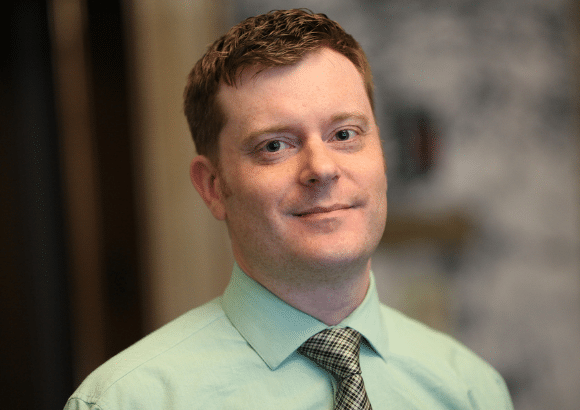Governor Jay Inslee’s proposed supplemental budget makes essential new investments in schools and mental health services. This budget is a good starting point for policymakers ahead of the 2016 legislative session. If paired with additional investments in Washington’s communities, families, and children, it would help create a stronger state economy.
His proposal would sensibly eliminate four wasteful tax breaks in order to increase first-year teachers’ salaries by $4,300 per year and provide a smaller, 1 percent increase for more experienced teachers. It would also draw down some budget reserves and redirect funds to offset the costs of fighting the wildfires that impacted our state this year. And the budget would preserve current funding for health care, child care, schools, and other important public investments.
The Governor is right to help schools in Washington state attract and retain high-quality educators by raising the salaries of teachers. It’s a real issue: Washington school principals recently called the state teacher shortage a crisis. Inslee’s budget also puts an emphasis on the well-being of Washingtonians by seeking new funding to improve mental health services provided in state hospitals.
Funding for other important priorities, such as health care, public safety, and higher education, would not change significantly from the levels approved by lawmakers earlier this year in the comprehensive two-year state budget.
To boost teachers’ pay, Governor Inslee proposes to generate just over $100 million per year by eliminating four wasteful tax breaks: sales tax exemptions for nonresident shoppers, bottled water, fuel used by oil refineries, and a real-estate tax exemption for banks and mortgage lenders on sales of foreclosed properties.
An important detail to understand as a backdrop for budget discussions is that although the recovering economy has enabled policymakers to increase funding for public priorities in recent years, many important needs remain unmet.
What’s more, policymakers remain under intense pressure from the State Supreme Court to increase funding for schools in Washington by billions of dollars each year due to the McCleary decision mandate.
Securing these needed investments will require bold reforms to a state tax system under which the wealthiest households pay a lower rate of their income in state and local taxes than anyone else does. The Governor should continue to push – and the Legislature should act on – his previous proposals for a capital gains tax and fees on carbon pollution to help fund the mandated improvements to basic education.
Reforming Washington state’s tax system is also key to ensuring that funding for public priorities is stable and sustainable in the long run. Instead of pursuing additional sources of revenue, Governor Inslee proposes to tap reserves in order to pay for this summer’s wildfires and to maintain other key investments for the remainder of the budget cycle that ends in June 2017. Although the amount taken from reserves would be relatively small, drawing down reserves now is a risky move. If the money isn’t replenished by the time the next economic downturn strikes, Washington will have a tough time meeting public needs.
Building a solid economic foundation for all Washingtonians requires significant reinvestments in education, public transportation, and other needs. And that can’t happen without significant reforms to the state’s inequitable tax system.
